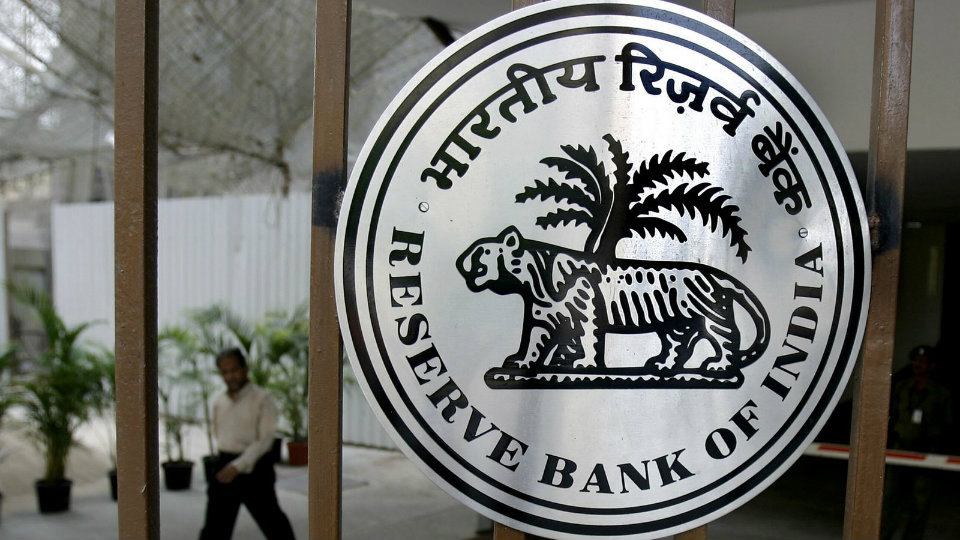New Delhi: The Reserve Bank of India (RBI) has changed the rules for Fixed Deposits (FD) as it said that if a customer has not claimed FD even after maturity, then he/she will have to bear the loss in terms of interest in savings. The bank further stated that customers can still earn interest after Term Deposit (TD) matures and proceeds are unpaid.
“It has been decided that if a Term Deposit (TD) matures and proceeds are unpaid, the amount left unclaimed with the bank shall attract rate of interest as applicable to savings account or the contracted rate of interest on the matured TD, whichever is lower,” the RBI stated in statement.
In fact, RBI has said in one of its circulars that if an FD matures and its payment is not made or it remains lying with the bank without claim, then the interest rate on it according to the savings account or on the matured FD. The lesser of the contracted interest will be available there.
The Reserve Bank comes with a guideline where it says that this decision will be applicable to all types of banks. These include Commercial Banks, Small Finance Banks, Urban Co-operative Banks, Local Area Banks, State Co-operative Banks and District Central Co-operative Banks.
In FD, an amount is invested for a predetermined time. It gives slightly better interest than normal savings. If the same investment is made for a period of 5 years or more, then the benefit of tax saving is also available.
Fixed Deposits (FDs) can be taken from any bank or can also be done in the post office. Investments on FDs can take advantage of loans, but this facility is not available on tax-saving FDs.
The amendment comes as unclaimed deposits with banks have been growing every year. RBI classifies a deposit as unclaimed when a customer doesn’t make any transaction in the account for 10 years or more. Unclaimed deposits include such funds in current and savings accounts, fixed deposits and other deposits (like recurring deposit, pay orders, etc.) with banks.
All such money is transferred to RBI’s Depositor Education and Awareness (DEA) Fund every month. In the financial year 2019-20, DEA fund was about Rs. 33,114 crore. Last year, it was Rs. 25,747 crore, according to the Central Bank’s annual report.
The money transferred to the fund by various banks is invested in instruments such as Government securities by a committee set up by the RBI. The income thus earned is used for paying interest on the deposits as well as using it for investor awareness and education purposes.








Recent Comments